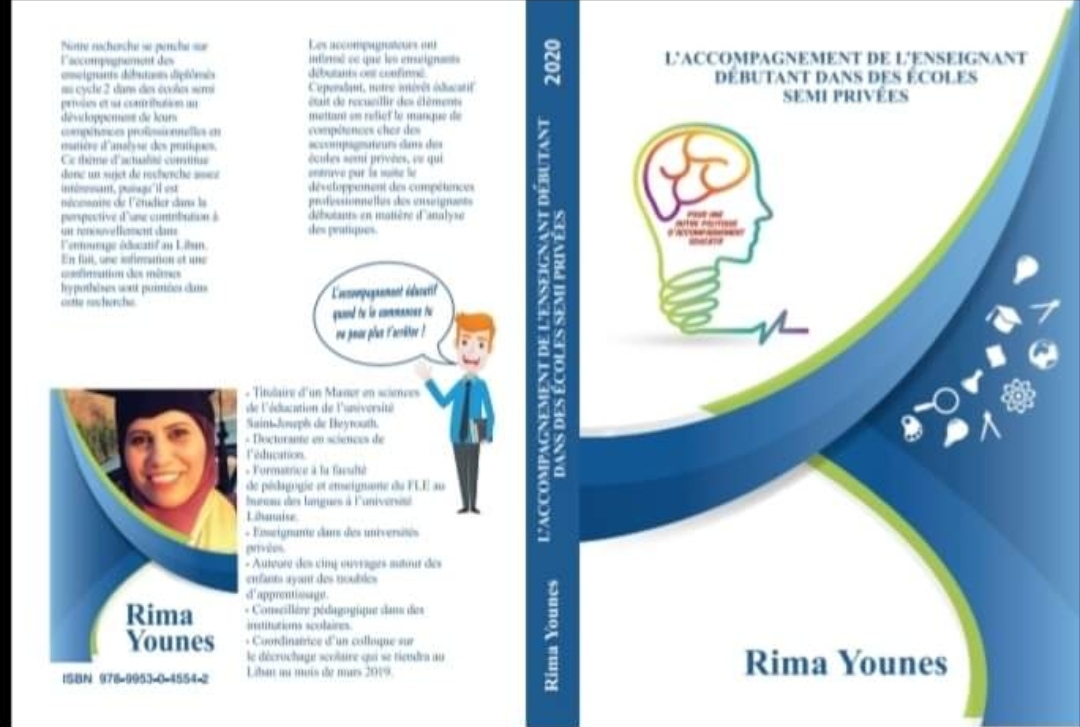Lebanese war and ‘Proustian’ memory: ‘immortal’ cigarettes, death ‘cab’ and ‘tomatoes’! by Hasna Jihad Bouharfouche

Lebanese war and ‘Proustian’ memory: ‘immortal’ cigarettes, death ‘cab’ and ‘tomatoes’!
by Hasna Jihad Bouharfouche
phd holder, book translator and journalist
In the incessant quest for unraveling the reality of the incidents that have changed and continue to alter the face of Lebanon, and digging into the individual memory which cannot be separated from the collective consciousness, one goes back to history as a starting point. Where does the truth lie?
German Philosopher and Historian Walter Benjamin postulates that history is written by the victors. So, what if oppressors triumphed?
That was the point at which we started our journey to discover the reality of the Lebanese civil war (1975-1990) as it is laden in literary writings before we learned that what remained from history was tinged with the Proustian definition of memory, attributed to French Researcher and Philosopher Marcel Proust, as simple details acquire immortal connotations for their bearers. While we dived into the Lebanese memory in several Francophone writings by several Lebanese and Western authors, we found –hidden in the corners of time- elements from daily life that have endured over the long years to tell the tale of the curse of war, including “cigarettes”, “crossing permits”, “cabs” and “tomatoes”.
Out of the deep relationship between the individual memory and the collective memory- according to Morphology Sociologist Maurice Halbwachs- linking the small details entrenched in the literary memory to the Lebanese history is inevitable because war is not the end. This justifies the considerable space allocated by French Novelist Richard Millet in his novel Un Balcon à Beyrouth (A Balcony in Beirut) to “Chiclets” gum, “Gandour” products and Lebanese Lotto (lottery). Within the same stream, “chocolate” flows in the childhood memory of Lebanese Poet and Diplomat Salah Stetie, especially in the years that preceded the Lebanese civil war without standing out as years of peace. “The war of the 1940s has passed without big losses in Lebanon except for the blockade all the Middle East region has seen. As for the child I was then, the whole issue was summed up in an unbearable deprivation of chocolate,” Stetie says. In addition to the “tasty” bites of childhood, other commodities were linked to a spectrum of sentiments such like the relation of oppression and injustice to cigarettes in Sorj Chalandon’s novel Le Quatrième Mur (The Fouth Wall- winner of Goncourt le Choix de l’Orient Award- 2013). Between imagination and reality, cigarettes are linked to death. It’s in the novel that the Winston cigarette is always present in the hands of drivers en-route the touchline between East-Beirut and West-Beirut, venturing to obtain news for Agence France-Presse (AFP) in addition to the Viceroy cigarette that witnesses the interception of a bus in the Lebanese city of Zahle and the execution of all its Christian passengers, each with 60 Kalashnikov bullets in a cross-shaped form. The aforementioned massacre was committed by Al-Mourabitoun (Sunni Muslim) militia forces (Millet 134).
During those days, the Lebanese ID used to constitute a death penalty in the case that its bearer stopped at the wrong checkpoint. Within this context, Chalandon’s protagonist mistakenly takes out a Palestinian crossing permit at a Kataeb (Maronite Christian) militia checkpoint. “I took out the Palestinian crossing permit. When I caught a glimpse of it, I knew it was a nightmare… the armed man reloaded his rifle… I rushed to hand him the right paper, but he slapped me…then, he threw the paper of Fatah (Palestinian National Liberation Movement) in my face. Go ahead, eat it! (148). This incident is followed by a passage in which the sentiments of the reader overlap between anger at the humiliation of the protagonist by calling him a “dog” and tolerance at the “betrayal of Palestine” by swallowing a document issued by Fatah (149) because, in war, dignity doesn’t matter as much as survival does.
Wars do only take place in the battlefield. In literature, just as in reality, death hovers between the “objects of memory”, coined by French Historian Pierre Nora. This is how the “cab”, mostly a Mercedes in the 1970s, turns into a place where justice and injustice collide. During his stay in Lebanon, where he used to work as a journalist, Chalandon recounts that “time” used to “stop” in the “cab”. Snipers were everywhere and no one would be able to tell how the journey would end. The “cab” is that miniature universe that any pedestrian would resort to in a bid to escape armed clashes. The Lebanese literary history also records a role for Banadora (tomatoes) that was transformed into a death sentence. “It was enough to say ‘Bandora’ in the Palestinian accent instead of ‘Banadoura’ in the Lebanese accent to be immediately executed… Death in Lebanon was gratuitous…at the distance of a simple verbal alteration,” Stetie says in his memoirs.
In the time of war, humanitarianism vanishes to be replaced by blind impulse. In this article, we have cited some examples that do not target a particular faction but address some of the literary writing that tackle the matter; without acquitting any side of responsibility. What have the Lebanese taken out of war other than the fragmentation of their identity according to regional and international changes.
In literature, the Lebanese is doomed to remain a follower. In reality, the Lebanese reads a little.


